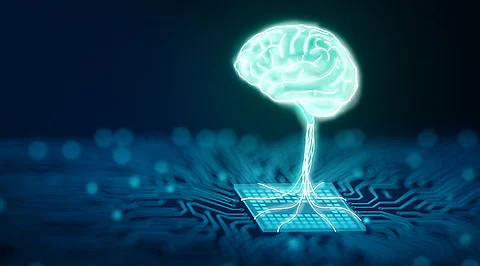

Many things have changed since the beginning of the 21st century. At the core of all these transformations, a simple concept called 'technology' prevails. Yes, for the past two decades, technology has affected the way we live, work, learn, study, communicate, transport, and even think. As a result of modern trends' intrusion, computers are becoming faster, more portable, and higher-powered than ever before. Although the tech evolution has both positive and negative impacts, the good side of the transformation is heavily admired by people.
It all started in 2000 when the dotcom bubble burst and gave birth to disruptive trends like the internet and the smartphone. Even though the stocks of many companies tumbled for a while, it paved the way for tech giants like 'Amazon' to get a stronghold on the market. Many more people are online today than they were at the start of the millennium. The broadband expansion has also introduced artificial intelligence into mainstream adoption. One could argue that technology has continued to improve our lives, keeping us more connected to big data and with each other. But the amazing transformation has also paved the way for increasing complexities.
Today, everything starting from transport vehicles to medical devices, financial transactions, and electricity systems are relying on computer software. While digitization has made things easier for humankind, it has also made technology harder to control. When human-to-human contact is minimized with disruptive trends, it provides a space for machines to entertain bias and dominance.
Although the term 'artificial intelligence' came into existence in the 1950s, it entered mainstream acceptance only in the 2000s. The core motto of developing artificial intelligence technology is to make machines imitate human behavior like thinking and taking decisions on their own. However, that kind of intelligence is yet to be achieved. Meanwhile, humans have come a long way from where they started the 21st on accords with technology. With amazing branches like data science, machine learning, robotics, and business intelligence rocking the digital sphere, modern artificial intelligence can understand data and make real-time decisions.
Initially, AI was intended to defeat more manageable issues like language recognition, playing a game, and picture recovery. With the innovative headways, artificial intelligence is getting progressively sophisticated at doing what people do, yet more effectively, quickly, and at a lower cost in tackling complex issues. Further, the outbreak of the Covid-19 pandemic took artificial intelligence to the next level. Even industries that were extremely slow in adopting technology embraced artificial intelligence at a quicker pace. Today, AI is playing an essential role in supporting and aiding decision-making in every walk of life.
If we step out of the AI ecosystem and enter the blockchain bubble, far more emerging trends are flying around like never before. From being a Bitcoin platform as conceived by Satoshi Nakamoto in 2009, blockchain has come a long way to emerge as a futuristic aspect in the digital sphere. It has reached far beyond the originally planned cryptocurrency realm. Furthermore, blockchain is expanding its wings through new features like decentralized applications, smart contracts, metaverse, and NFTs.
In a nutshell, it looks like artificial intelligence and blockchain technology are here to stay. If you want to be a part of this trailblazing revolution, know more about the important trends in this tech space.
Join our WhatsApp Channel to get the latest news, exclusives and videos on WhatsApp
_____________
Disclaimer: Analytics Insight does not provide financial advice or guidance. Also note that the cryptocurrencies mentioned/listed on the website could potentially be scams, i.e. designed to induce you to invest financial resources that may be lost forever and not be recoverable once investments are made. You are responsible for conducting your own research (DYOR) before making any investments. Read more here.
